Communities Take Collective Stand to Combat Child Malnutrition
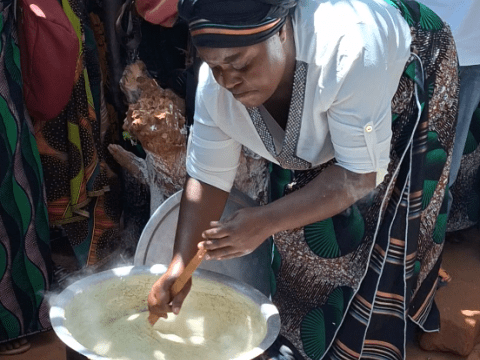
Murrupula and Memba, two districts in Mozambique’s Nampula Province, recently hosted community roadshows to strengthen the collective response to child malnutrition, which is a persistent challenge in the region. Nampula has the highest rate of chronic malnutrition in the country, affecting 46.7% of children under five.
“Enough” campaign gains momentum in Nampula
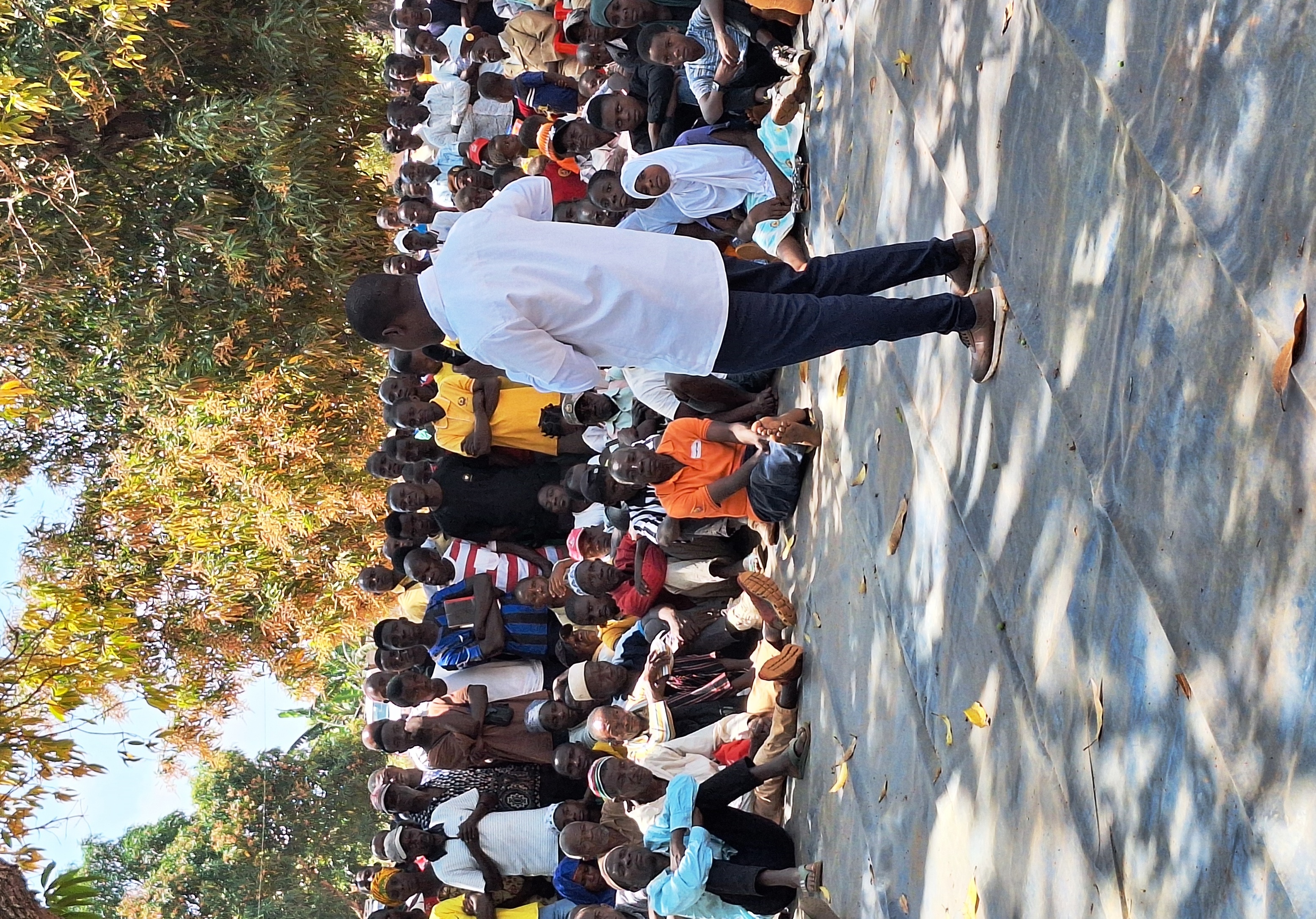
These events were part of the national “Enough” campaign, which brought together key stakeholders, including mothers and fathers, to raise awareness about the importance of proper nutrition for children. Despite the province’s abundant agricultural production, malnutrition remains widespread. Through talks and interactive sessions, participants were encouraged to adopt healthier dietary practices for their children.
One mother captured the spirit of the campaign, saying: “We will try to do what we were taught for the good of our children, because we want them to be healthy and to have a better future.”
Gender and culture: crucial elements in the fight against malnutrition
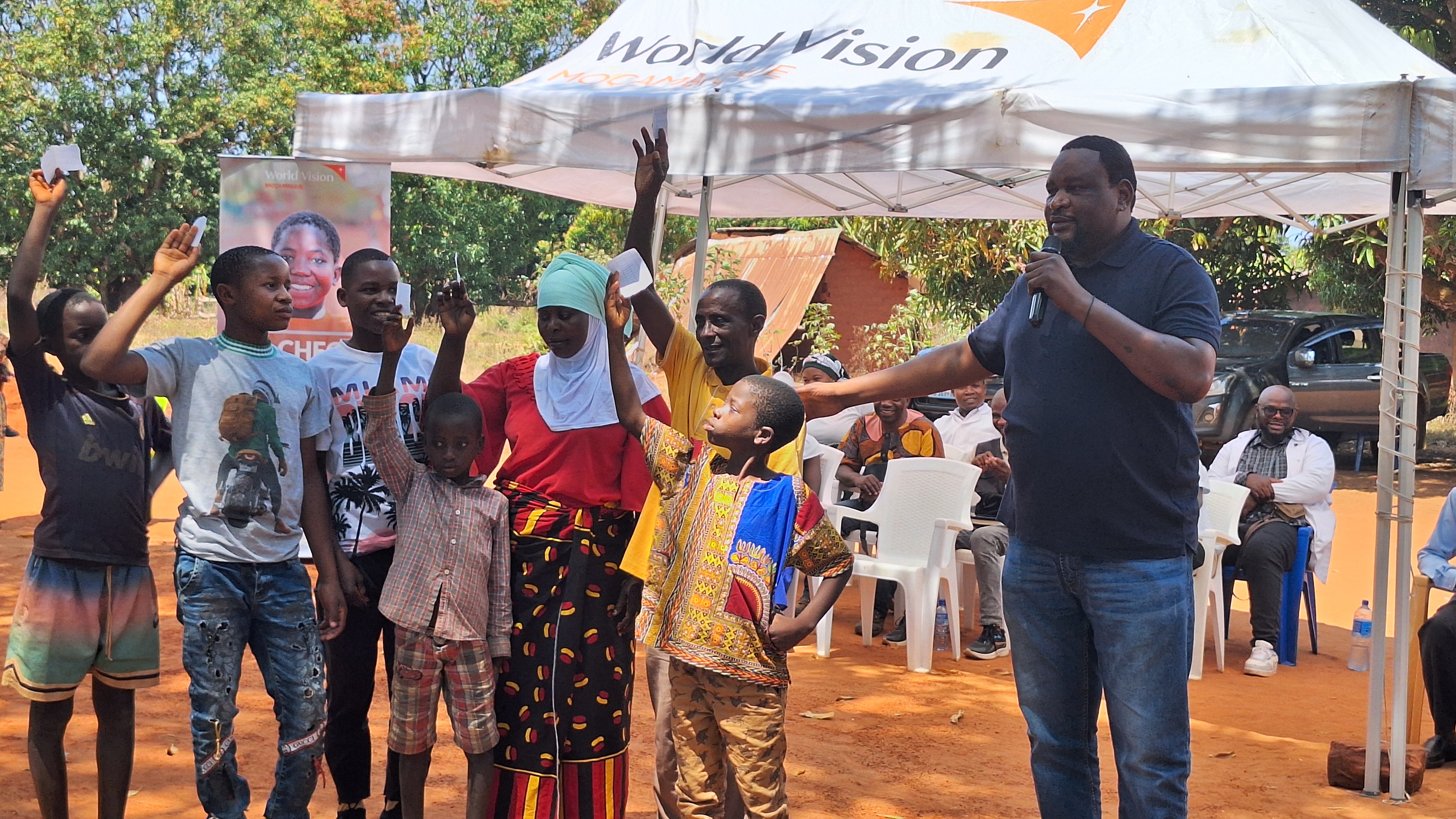
The roadshows emphasized the influence of gender roles and cultural practices on child nutrition. Fathers were encouraged to take a more active role in household nutrition, with many acknowledging that traditional habits can be harmful. “There are habits we inherited, and now we realise they can harm our children. We need to overcome them,” says Fernando, a father.
The events also highlighted the link between nutrition and family planning, urging men to engage more proactively in improving food practices at home.
Holistic care for children with disabilities
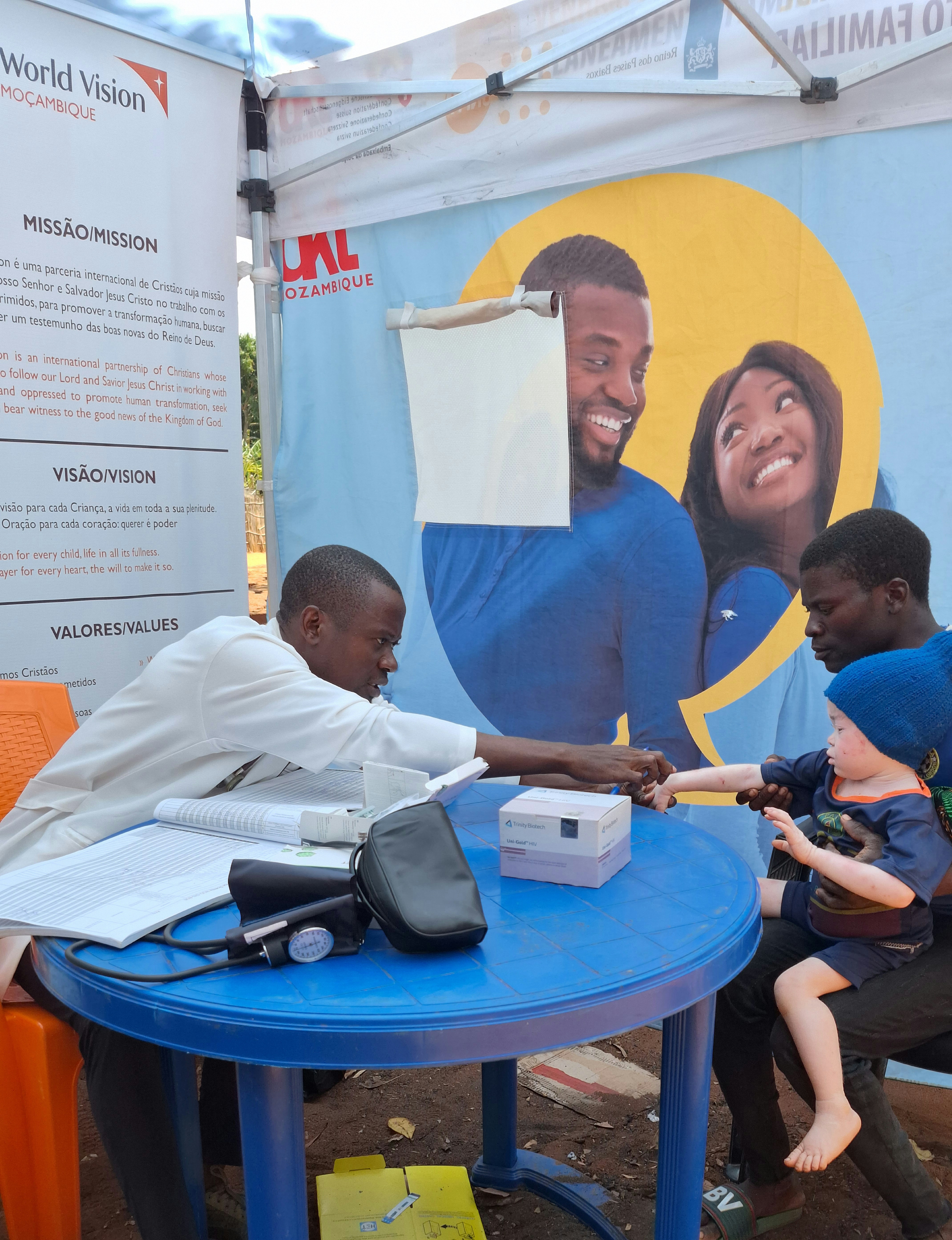
Children with disabilities received pediatric and physiotherapy services during the events, promoting not only health and hope but also dignity, as specialists indicate that adequate nutrition, combined with medical and therapeutic care, is essential for every child to reach their full potential.
National context and projections
Nationally, 37% of children under five suffer from stunting due to chronic malnutrition (2023 data). While this reflects progress from 2013, when the rate was 43%, the pace of improvement remains slow.
According to the Integrated Food Security Phase Classification (IPC), malnutrition remains a pressing concern across several regions of Mozambique. Projections indicate that by March 2026, approximately 114,278 children aged 6 to 59 months, along with 23,151 pregnant and breastfeeding women, are expected to suffer from acute malnutrition. This deteriorating nutritional outlook, affecting most districts, is driven by a combination of factors: the depletion of household food reserves, limited access to safe drinking water, and insufficient coverage of essential health and sanitation services. Together, these challenges significantly heighten the vulnerability of affected populations.
A step toward a healthier future
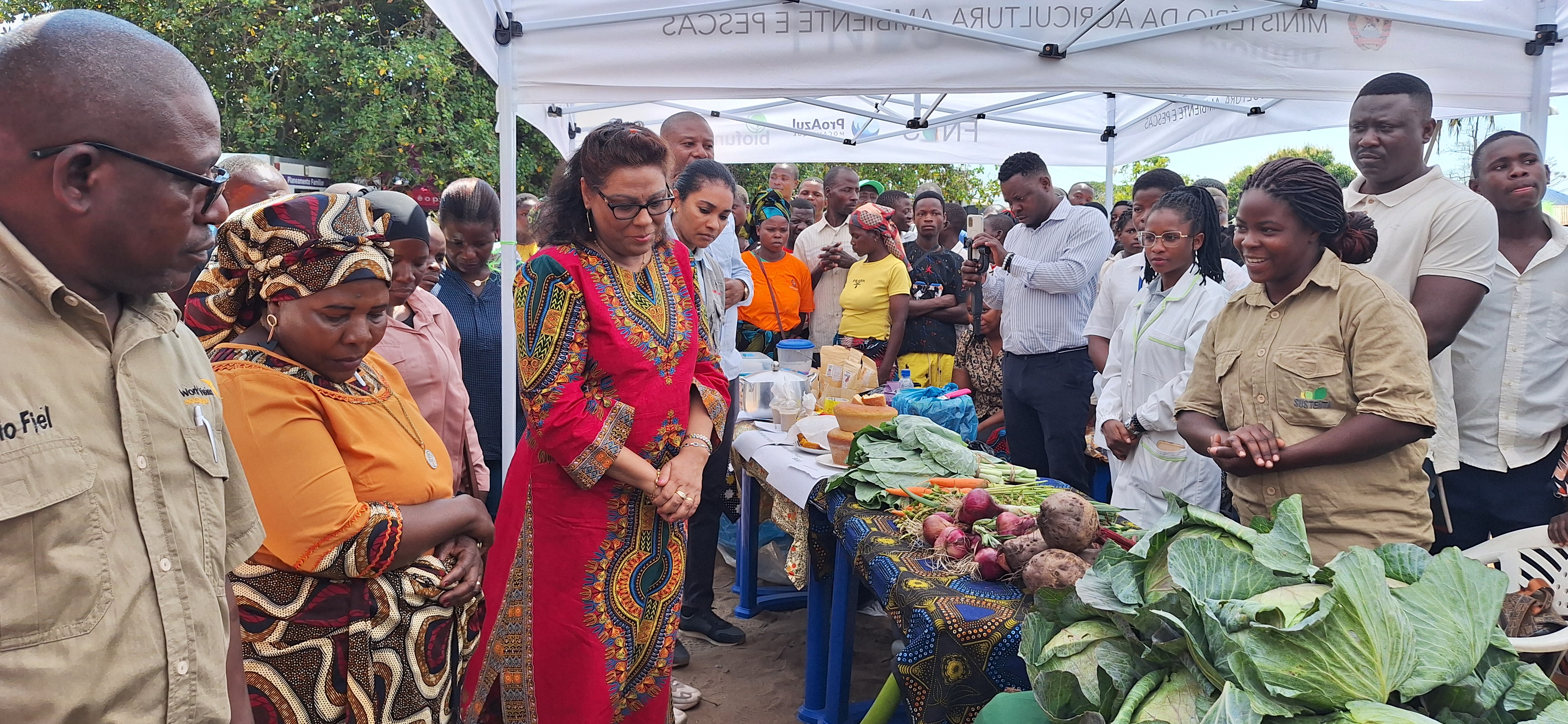
In response to these alarming figures, the “Enough” campaign is gaining momentum as a multi-sectoral initiative aimed at reversing the trend of child malnutrition. By integrating nutrition education, healthcare services, community mobilisation, and cultural transformation, the campaign seeks to empower families with the knowledge and tools needed to improve child health and well-being.
Rather than accepting these projections as inevitable, the “Enough” represents a collective stand against malnutrition, demonstrating that change is possible. Through targeted interventions and inclusive community engagement, the initiative is paving the way for a healthier, more resilient future for Mozambique’s children.